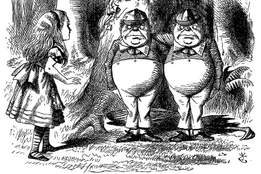: a substance able to inhibit or kill microorganisms
specifically
: an antibacterial substance (such as penicillin, cephalosporin, and ciprofloxacin) that is used to treat or prevent infections by killing or inhibiting the growth of bacteria in or on the body, that is administered orally, topically, or by injection, and that is isolated from cultures of certain microorganisms (such as fungi) or is of semi-synthetic or synthetic origin
Symptoms of campylobacteriosis include muscle aches, fever, cramps and diarrhea leading to gastrointestinal illness, which can be treated with antibiotics. — Chicago Daily Herald
Chicago Daily Herald
 Chicago Daily Herald
Chicago Daily Herald Another way to produce new variants of established antibiotics is to use genetic engineering to alter the biochemical pathways of the microbes that produce them. — New Scientist
New Scientist
 New Scientist
New Scientist Experts agree that by spiking animal feed with antibiotics, conventional farmers are speeding the emergence of drug-resistant bacteria. — Geoffrey Cowley
Geoffrey Cowley
 Geoffrey Cowley
Geoffrey Cowley Note: While antibiotics are effective mainly against bacteria, they are sometimes used to treat protozoal infections. Some consider antibiotics to include only those derived fully or partly from microorganisms and exclude synthetic forms from this class of drugs.
1
: tending to prevent, inhibit, or destroy life
2
: of or relating to antibiotics or to antibiosis
antibiotic drugs
Love words? Need even more definitions?
Merriam-Webster unabridged










Share